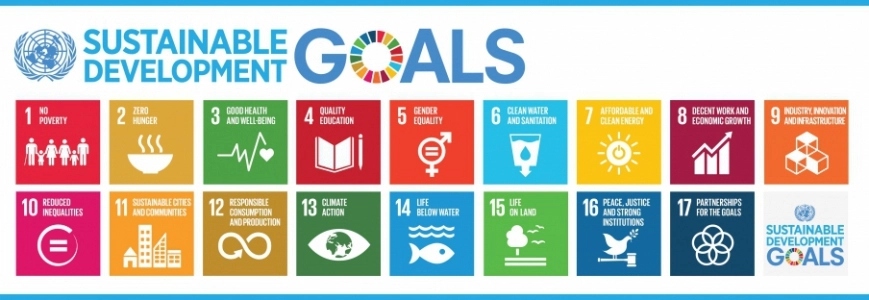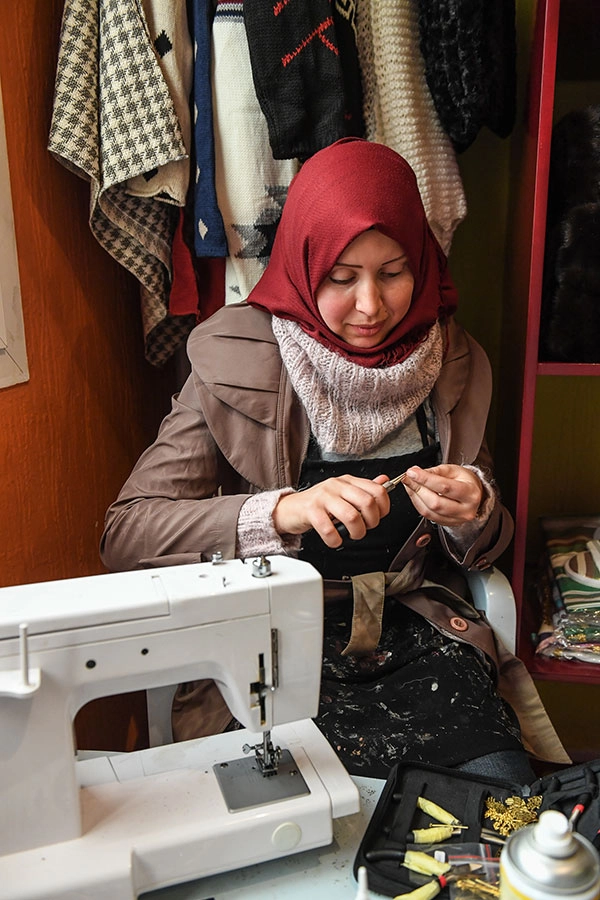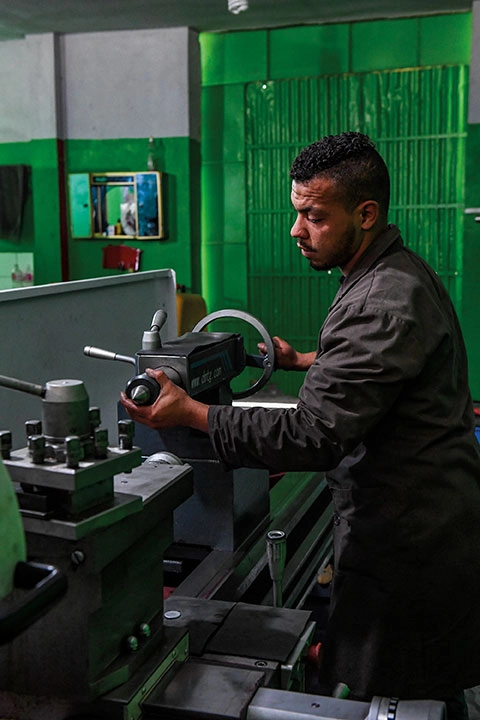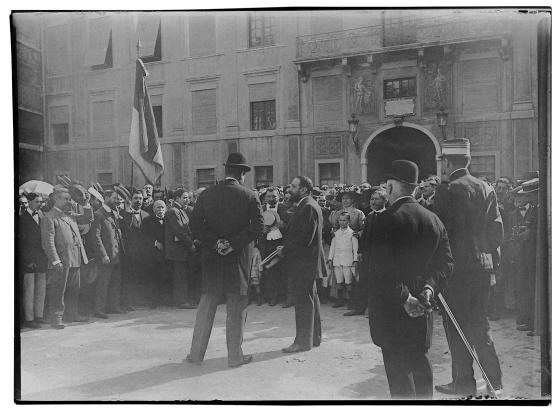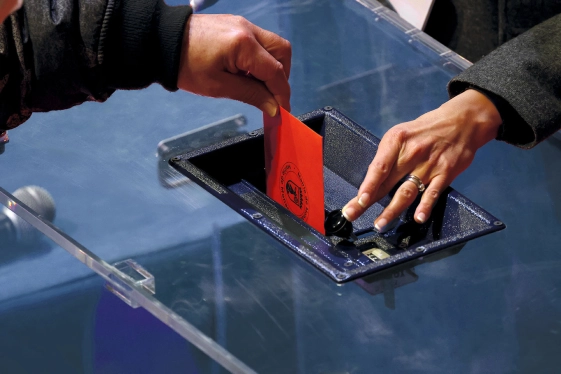Commitment to human rights
The Principality of Monaco’s commitment to the three pillars of the Council of Europe – human rights, the rule of law and democracy has been reflected in concrete action at the international level, as well as support for the institution’s programmes since it became a member in October 2004 and the direction of its foreign policy.

Young Moroccan schoolgirls who benefit from a project to prevent school dropout. - © DCI/REALIS/DARRASSE
Maintaining a firm position on the world stage as a country committed to sustainable development, Monaco implements the goals (SDGs) adopted by the United Nations in 2015. The Principality contributes to the core values of peace, respect for human rights and tolerance through its public policy on development cooperation. The latter highlights the Principality of Monaco’s tangible commitment to reducing inequality across the world and upholding rights for all.
As a Member State of the Council of Europe, the Principality is party to the organisation’s various conventions and has been involved with its different programmes since 2004. In relation to the Convention on Preventing and Combating Violence against Women and Domestic Violence, known as the Istanbul Convention, Monaco supports the "Combatting Violence against Women, Domestic Violence and Violence against Children in Neighbouring Countries" programme.
Monaco also supports the "Council of Europe Action Plan on Protecting Vulnerable Persons in the Context of Migration and Asylum in Europe (2021–2025)". This is in addition to the Prince’s Government’s efforts to promote the inclusion of refugees and displaced persons, one example of which is the partnership with the Italian organisation Comunità di Sant’Egidio that aims to guarantee safe and legal access to Europe for the most vulnerable groups through "humanitarian corridors". In 2016, the Principality joined the efforts of its French and Italian neighbours to provide initial emergency aid.
In 2018, the country took part in a programme to welcome Syrian refugees from Lebanon and help them integrate in Italy. As part of the same partnership, the government is involved in work to combat the phenomenon of "invisible" children through the “Bravo!” programmes to improve civil registration of births. The right to an identity is a primary human right! Displaced persons, people with a disability, women and girls, children, street children, young people who are neither in employment nor in education or training (NEETs): vulnerable people and people who face stigma, along with their families, are at the heart of Monegasque Cooperation for Development action. This action is based on the principles of effectiveness, sustainability and inclusivity, focusing on four key areas of intervention and basic human rights: health, food and nutritional security, education and child protection, and access to decent work.
The Prince’s Government acts in line with the national policies of the relevant countries. Since 2017, Monaco has been working with the Republic of Tunisia on its deinstitutionalisation policy, intended to reduce the number of children being placed in institutions with no family support, as encouraged by the 1989 International Convention on the Rights of the Child.
In 2024, the Principality also committed to working with Tunisia to promote vocational training for young people. Finally, Monaco has made advocating for gender equality one of its cross-cutting approaches at the international level. Flagship programmes such as entrepreneurship for women and young people or education for vulnerable girls focus on preferred niche areas of intervention and optimise the impact of the Principality’s official development assistance.
